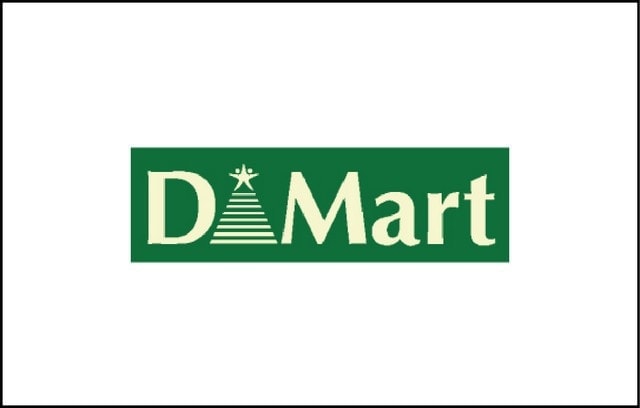SWOT analysis of D mart
 D mart is a supermarket and hypermarket
retail chain that is based out of India. The chain which is a multi-category
retailer offers a wide range of products under
its umbrella. Some of the categories it deals with include consumer goods, groceries, personal care products, home
care solutions, deli, kitchenware, furniture and home appliances.
D mart is a supermarket and hypermarket
retail chain that is based out of India. The chain which is a multi-category
retailer offers a wide range of products under
its umbrella. Some of the categories it deals with include consumer goods, groceries, personal care products, home
care solutions, deli, kitchenware, furniture and home appliances.
Weaknesses
in the SWOT analysis of D mart :
Threats
in the SWOT analysis of D mart :

No comments:
Post a Comment